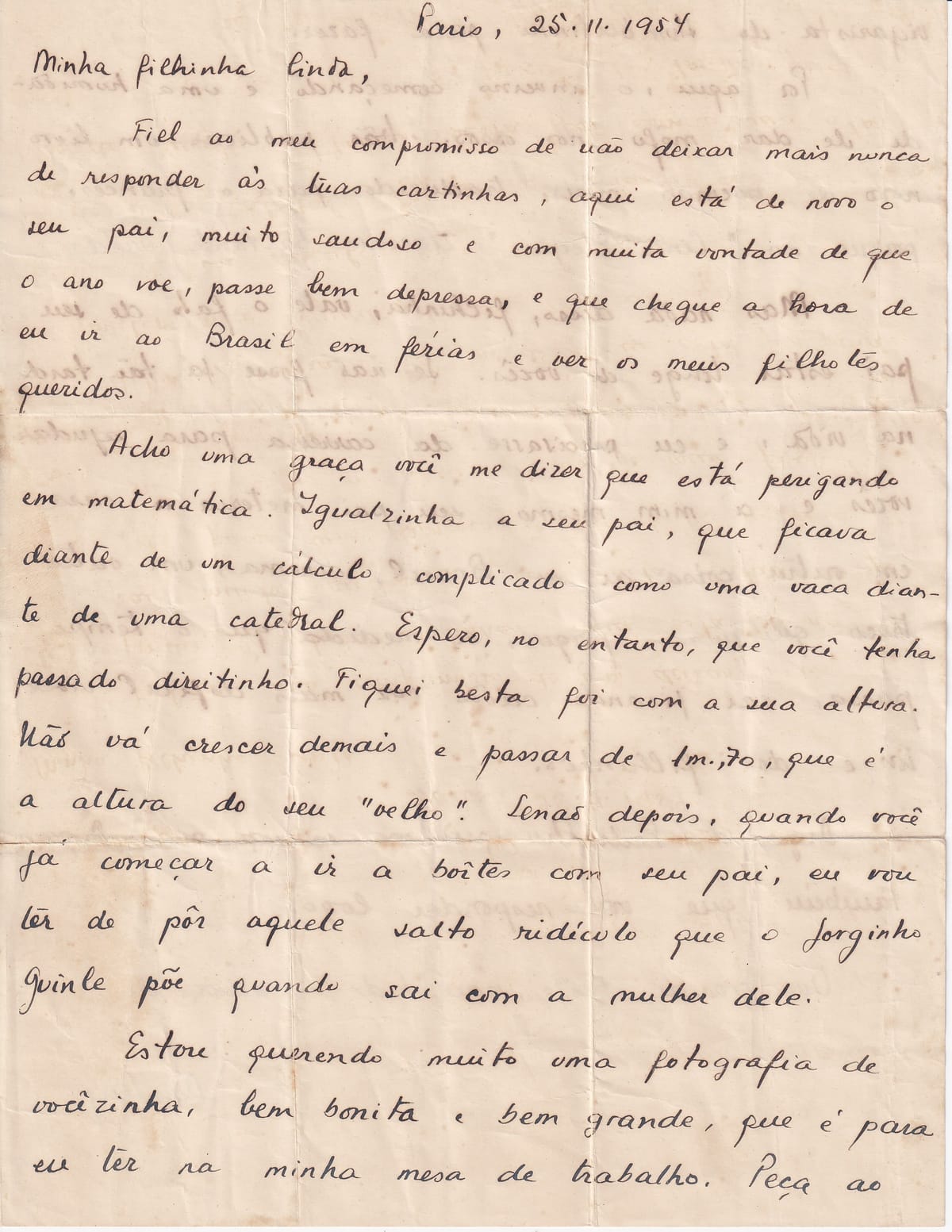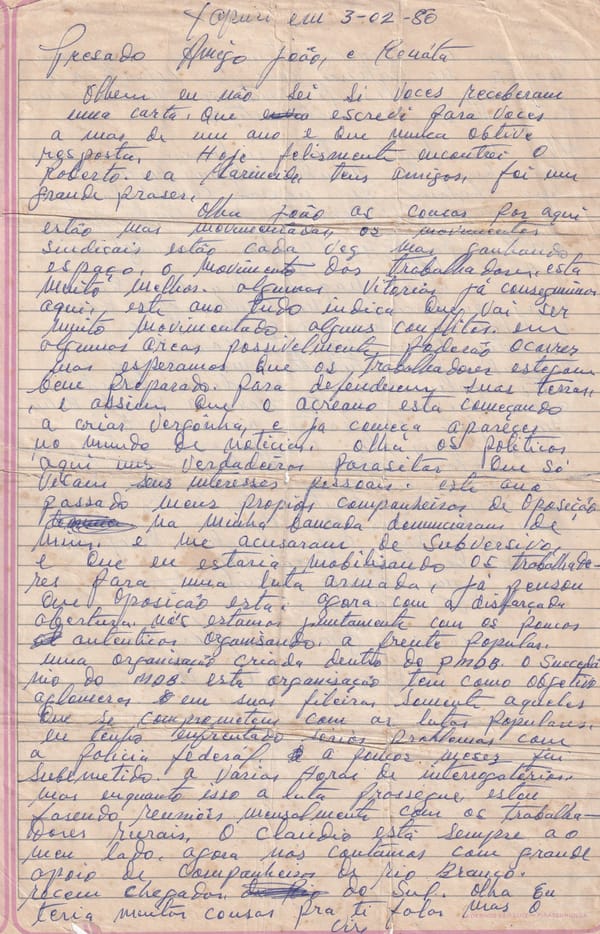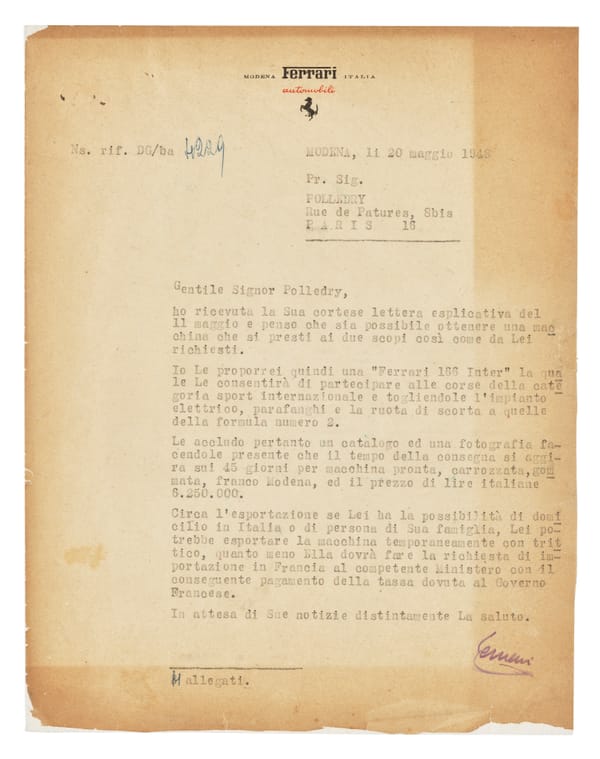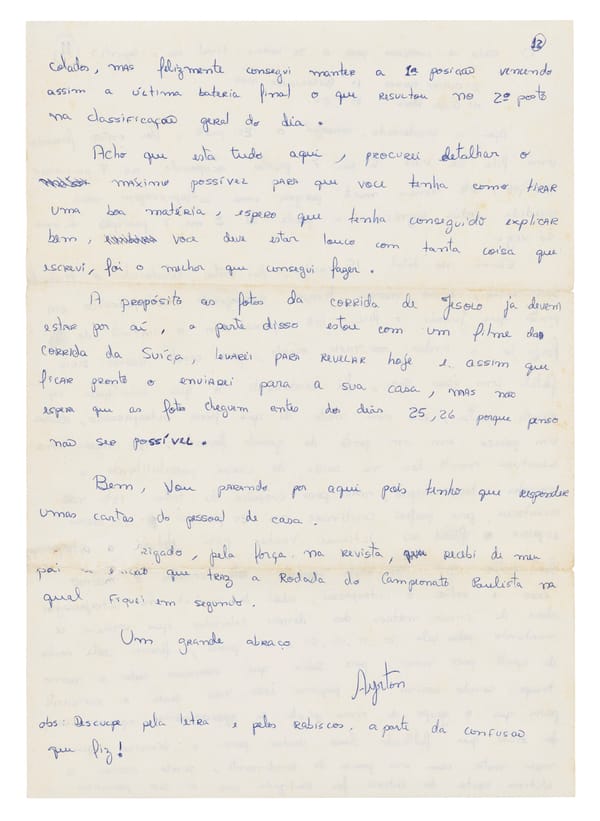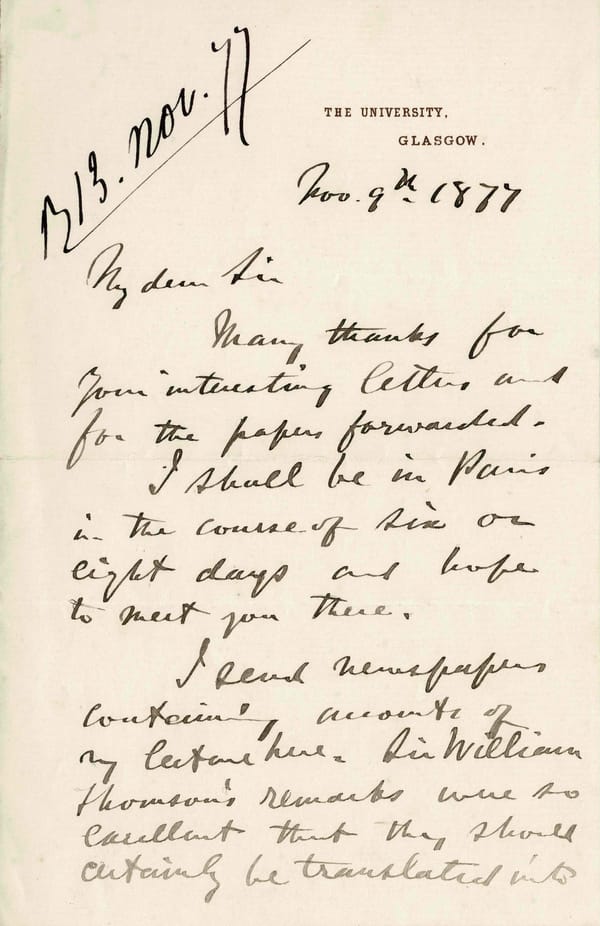Vinicius de Moraes opens his heart to his daughter, torn between Paris and home
A heartfelt letter from Vinicius de Moraes to his daughter Susana, written in exile. Between jokes and saudade, a father reveals his true self—far from home, close in love.
